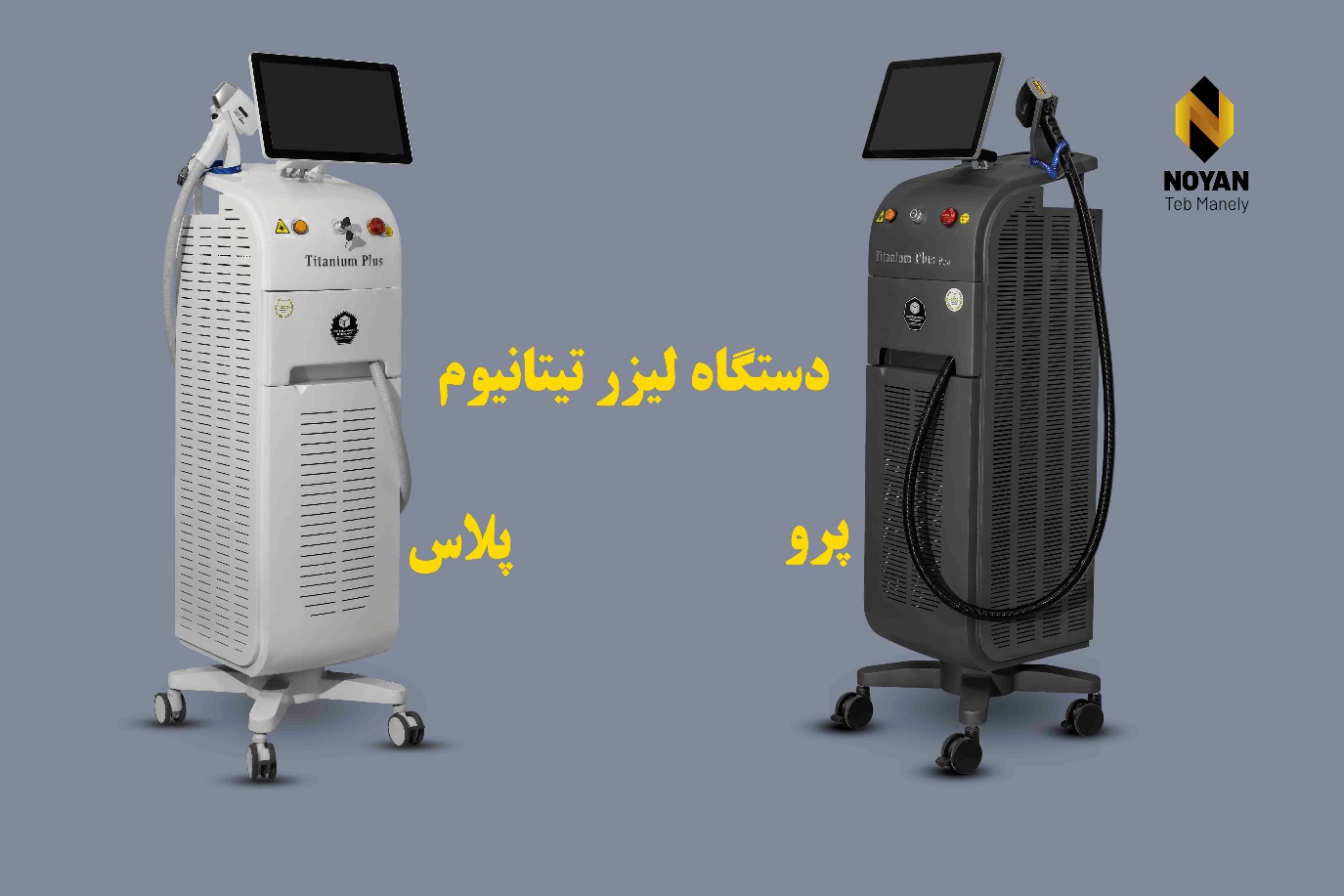In the world of modern dentistry, achieving a bright and radiant smile has never been easier, thanks to advancements in teeth whitening technologies. Among the most effective options available today is the Whitening Laser Device. This treatment offers patients a quick, efficient, and reliable method for brightening their smile. But what exactly is a laser whitening device, how does it work, and why is it gaining popularity? Let’s explore these questions in detail.
What is a Laser Whitening Device?
A laser whitening device is a professional dental tool used to enhance the whiteness of teeth by using laser light to activate a whitening gel. This gel contains a peroxide-based compound, typically hydrogen peroxide or carbamide peroxide, which breaks down stains on the teeth. The laser accelerates this chemical reaction, allowing the gel to penetrate deeper into the enamel, removing both surface stains and deeper discoloration.
The procedure is typically performed in a dental office by a licensed dentist or hygienist, ensuring optimal safety and effectiveness. It is often preferred by individuals looking for a fast and noticeable improvement compared to traditional whitening methods, such as over-the-counter strips or trays.
How Does a Laser Whitening Device Work?
- Initial Preparation: Before using the laser whitening device, the dentist will clean the patient’s teeth to remove any plaque or debris. This ensures that the whitening gel will adhere properly to the teeth, providing even results.
- Application of Whitening Gel: Once the teeth are clean and prepped, a special whitening gel is applied to the teeth. The gel is typically composed of a peroxide-based compound, which is effective in breaking down stains caused by food, beverages, smoking, and aging.
- Laser Activation: After the gel is applied, a laser light is directed at the teeth. The laser’s energy accelerates the chemical reaction of the whitening gel, allowing it to break down the stains more effectively and quickly than if the gel were left to work alone. The process typically takes about 15-30 minutes, depending on the device and the severity of staining.
- Post-Treatment Care: After the laser treatment, patients may experience some tooth sensitivity, though this is usually temporary. The dentist will provide recommendations for aftercare, such as avoiding certain foods or drinks for a short period and using toothpaste formulated for sensitive teeth if necessary.
Advantages of Laser Whitening Devices
- Speed and Efficiency: One of the most significant advantages of using a laser whitening device is the speed of the treatment. While traditional whitening methods may require weeks of use, a laser whitening session can provide noticeable results in just a single visit, often within an hour.
- Long-lasting Results: The results from laser whitening can last longer compared to at-home whitening products. Although lifestyle choices such as smoking or excessive coffee consumption can affect the longevity of the results, patients typically experience brighter teeth for several months to a year after the treatment.
- Targeted Stain Removal: Laser whitening is particularly effective at targeting stubborn stains and discoloration that might not respond well to over-the-counter treatments. The laser’s ability to penetrate deeper into the enamel allows it to remove both surface stains and more deeply embedded ones.
- Minimal Sensitivity: Unlike some traditional whitening treatments, laser whitening is less likely to cause significant tooth sensitivity. The technology used helps to minimize irritation of the gums and enamel, making it a more comfortable option for many patients.
Who is an Ideal Candidate for Laser Whitening?
Laser whitening devices are suitable for most individuals, but the best candidates are those with:
- Discolored or stained teeth: Whether due to aging, lifestyle choices, or consumption of staining substances, laser whitening works wonders on teeth that have become discolored.
- Healthy teeth and gums: Patients should have no significant cavities or gum issues. A thorough dental examination beforehand ensures that the teeth are in optimal condition for whitening.
- No extreme tooth sensitivity: While laser whitening is gentler than some methods, individuals with extreme tooth sensitivity may need to consult their dentist about the suitability of the procedure.
